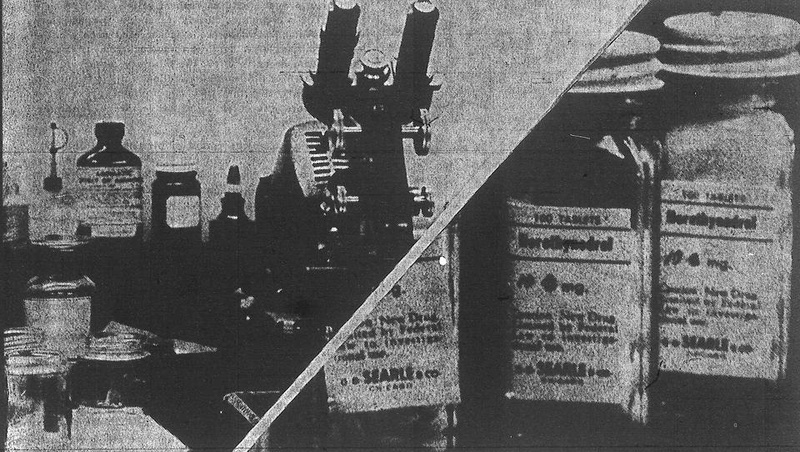One Saturday night during his undergraduate years, Alan D. Croll ’61 remembers setting an alarm for 10:30 p.m. to ensure that his female visitor from Radcliffe College was out of his dorm room by 11 p.m.
“You did not want to be late,” Croll says. “There was absolutely no tolerance, and you would be on probation right away, first offense.”
When the Class of 1961 attended Harvard and Radcliffe, the University strictly enforced ‘parietal rules’ that discouraged private interaction between the Harvard men and the Radcliffe women.
In 1960, the birth control pill—an innovation that would revolutionize attitudes and approaches toward sex—was approved for contraceptive use.
Though the pill did not have a direct impact on Harvard life at first, the approval of the pill represents the beginning of Harvard’s gradual shift from the gender-segregated social scene of the 1950s and early ’60s to the more integrated, liberal environment of today.
THE BIRTH OF THE PILL
The Food and Drug Administration approved the use of Enovid—the first brand of birth control pill—for the treatment of severe menstrual disorders in 1957, but it was not approved as an oral contraceptive until May 1960.
The pill, containing hormones that keep a woman’s ovaries from releasing eggs and thus preventing pregnancy, quickly grew in popularity. By 1967, more than 12.5 million women worldwide were on the pill, and by 1984, an estimated 50 to 80 million women worldwide took it regularly.
While the pill symbolized women’s ability to exercise autonomy over their bodies and have sex without reproductive consequences, it also became harder for women to refuse sex on the basis of the risk of pregnancy, according to History Professor Nancy F. Cott.
“It may have compelled women to engage in sexual activities so that they are not seen as prudes,” she says of the pill.
Men who were at the University at that time echoed Cott’s sentiment.
Joe, a ’61 graduate who asked that his real name not be used, says he believes the pill encouraged women to have more sex because it reduced some of the risk.
“Which was fine with me,” he says, “because I was very interested in having as much sex as I could.”
THE PILL ON CAMPUS
Despite the contraceptive’s national popularity, its role on Harvard’s campus was limited in those early days.
Read more in News
Despite Tensions, Professors Cross Iron Curtain













